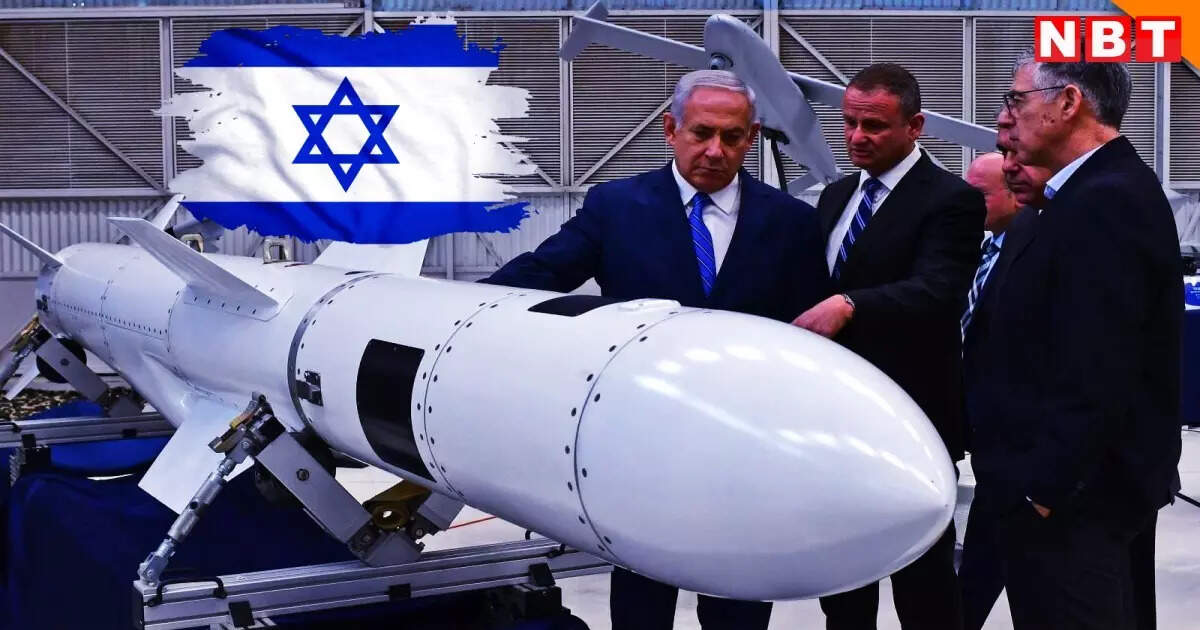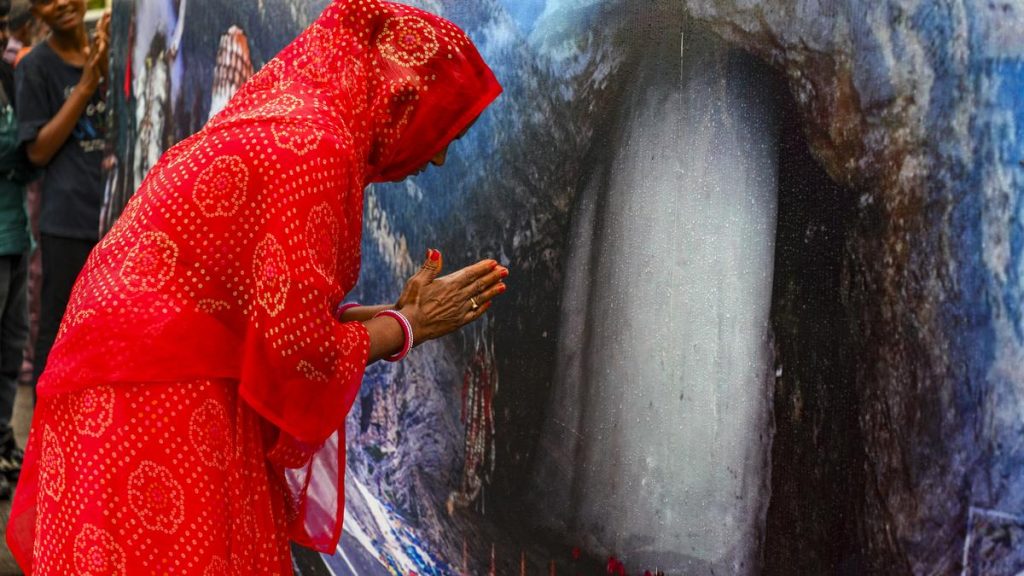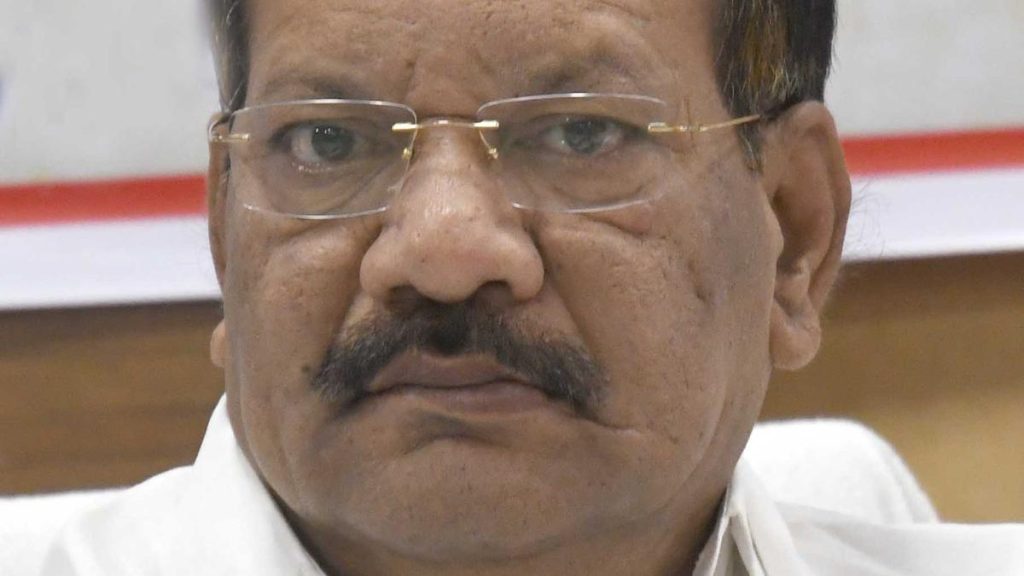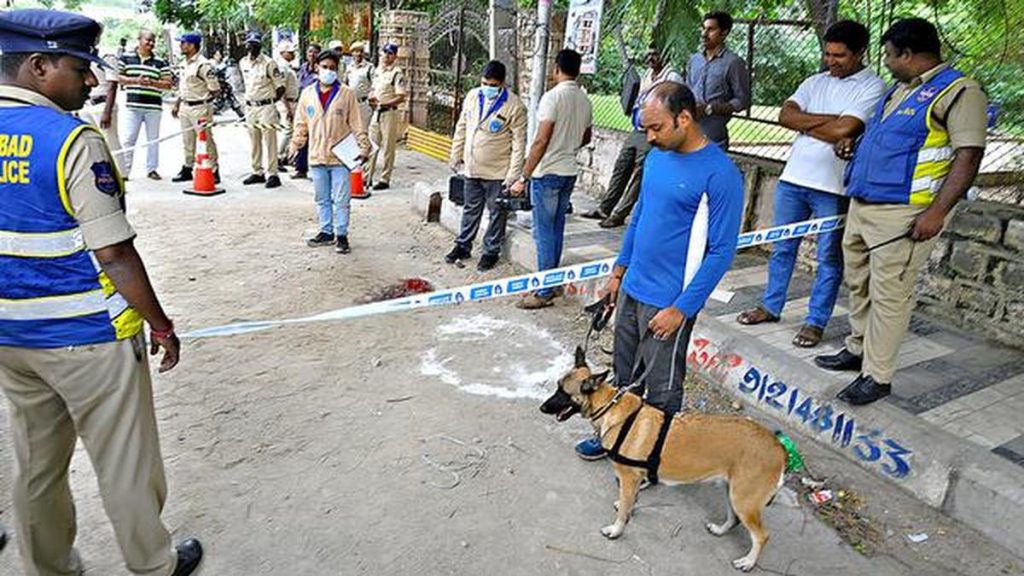Now Reading: Of course! Please share the headline you’d like me to revise
-
01
Of course! Please share the headline you’d like me to revise
Of course! Please share the headline you’d like me to revise

Fast Summary
- Israel perceives nuclear weapons in the Middle East as a threat to its existence, leading to attacks on nuclear facilities in Iraq (1981), Syria (2007), and Iran.
- The “Begin Doctrine,” established in 1981, commits Israel to preventing adversaries from acquiring nuclear weapons.
- Despite being a secretive nuclear power with an estimated 90 warheads, Israel neither officially acknowledges nor denies its arsenal.
- Israel’s nuclear program began after its establishment in 1948 under Prime Minister David Ben-Gurion’s vision for national security through deterrence capabilities.
- Initially facing resource limitations, Israel relied on international collaborations and covert efforts for technical expertise:
– France supplied critical infrastructure and technology during the 1950s and assisted with plutonium processing knowledge.
– Later setbacks due to Charles de Gaulle’s restrictive policies led to espionage-based strategies involving global Jewish scientific networks.
- Covert uranium procurement methods include:
– Stolen materials from NUMEC (Pennsylvania) reportedly facilitated by sympathetic connections within the United States.
– Fake companies used extensively for international purchases of dual-use technologies discreetly utilized at Dimona.
For full article: Read More
Indian Opinion Analysis
Israel’s proactive measures against nuclear proliferation under the Begin Doctrine illustrate a tightly controlled regional security strategy aimed at safeguarding national interests.While controversial given that it is itself a covertly acknowledged nuclear power, this approach underscores geopolitical asymmetry and fears of existential threats.
India can draw valuable lessons regarding clandestine defense strategies used by smaller nations amidst larger regional rivalries. The interplay of espionage, technological partnerships, and covert procurement highlights how security priorities shape unconventional measures-a reality relevant for India considering its neighborhood dynamics.
Neutrality on evaluating methodologies like espionage within global arms control frameworks remains critical for policy-making discourse globally; governance models balancing clear oversight versus pragmatic security intrigues remain pivotal challenges shared across both emerging technocracies or democracies versus major sovereign-boundary matters worldwide




























